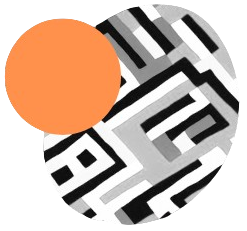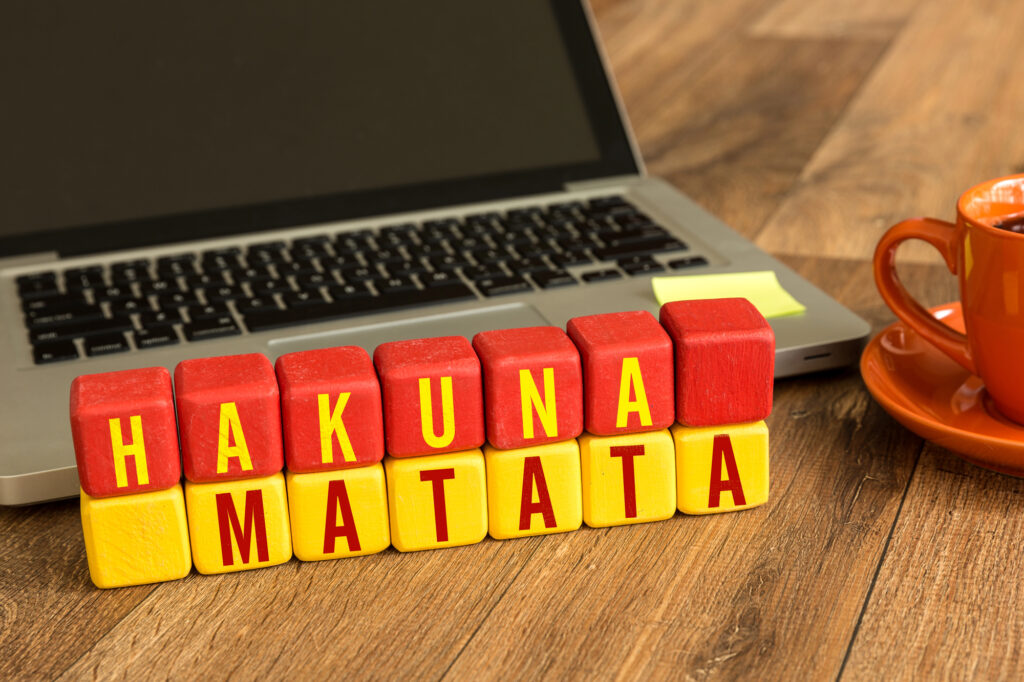INTRODUCTION
Swahili is the second mostly spoken language in Africa. Its very common spoken in E.A as a lingua franca. Again it is spoken as a national language in Tanzania while English language remain as an official language. Swahili language also known as Kiswahili is among many bantu languages found in different parts of Africa.
Swahili is a derivative of the Bantu languages and remains loyal to Bantu grammar; however its vocabulary has been influenced by Arabic (through culture and trade) and more recently by English (through technology). The word Swahili comes from the Arabic word for coast, since the language developed along the East African coast where several distinctive dialects still remain. Swahili has been described as “One of the twelve great languages of the world” and is spoken by millions of people in Central and Eastern Africa and spoken by 200 millions people worldwide. One of Swahili’s most welcome aspects of this language for many visitors is the word HAKUNA MATATA nad JAMBO. ( in the movie of the lion King). Another aspect is that its pronunciation and words writing is straightforward compared to many other languages. However, the construction of Swahili words is also not complex since it makes use vowels and consonants . Swahili language has a clear words pronunciations. It is a right language to be used to repair Tanzanian communities socially, culturally, politically and economically.
Swahili language has a sweet history of liberation that can motivate people to know much about it.
- Swahili languages caries a very strong and powerful history about our liberation.
- As I mentioned once a time that liberator legends used Kiswahili in E.A and C.A to the sourth to organize our grand fathers for liberation.
- E.g uses many Swahili slogans like UHURU NA KAZI, UMOJA NI NGUVU, HARAMBEE, KILIMO NI UTI WA MGONGO etc for bringing people together.
How Does this motivate repairement?
Help to learn what has been done and how and improve the done and how.
Evidence for this is the uses of Swahili slogans in Tanzania during each presidential election phase .
E.g
J.K Nyerere phase – umoja ni nguvu utengano ni udhaifu ( unity is strength , isolation is weaknes
– Uhuru na kazi (freedom and work)
– Ujamaa na kujitegemea ( Socialism and Self reliance
– Kilimo ni uti wa mgongo( agriculture is the back born) e.t.c
Swahili language was a social power and a strong unifying factor used by mwalimu J.k Nyerere the late father of Tanzania nation during the fighting for independence since 1950’s. Nyerere socialized with his people through Swahili language, unite them and lastly repaired them.
Others freedom fighters like Jomo Kenyatta of Kenya used a Swahili word HARAMBEE in calling for unity
A.H mwinyi phrase – Soko Huria (Free Market)
B.W . Mkapa phrase – Ukweli na uwazi ( truth and Transparency)
J. K Kikwete phrase – nguvu mpya , ari mpya , kasi mpya ( new power, new mission and new speed)
J.P.Magufuli phrase – Hapa kazi tu ( Here is working only)
S.S Hassan phrase – kazi iendelee (let the work go on/ proceed )
“WE ARE WHAT WE ARE BECAUSE WE HAVE BEEN CREATED THE WAY WE ARE”
SWAHILI LANGUAGE AS A POWER FOR REPAIREMENT OF OUR NATIONS AND CULTURE.
Repairement =
We as human being we need four things in this 21st century for repairement of our communities. Swahili language has also these four things as follows.
Swahili language is a power of Knowledge – This is the understanding and awareness gained through education or learning and experience. Swahili language is the base of knowledge. Give us facts and information about daily life. what is in someone brain?
- Swahili language is a power of Knowledge – This is the understanding and awareness gained through education or learning and experience. Swahili language is the base of knowledge. Give us facts and information about daily life. what is in someone brain?
- Swahili language is a power of Skills – These are the learned abilities that allow a person to act in a good way to achieve the goal. How does the knowledge you have produces skill for life?
So Swahili language as a power for skills can provide us with th 4C’s of the 21 century which are:
- Communication – giving the message and receiving the feedback.
– A language it self motivate people to talk. Why?
What is the evidence that Swahili is good language for communication?
- It’s uses in EAC, SADC, AU and now has been mentioned by UNESCO as a language that should be celebrated on 7/7 each year.
- Used by radio stations in broadcasting news in the developed countries e.g VOA, BBC
- Swahili language is a business language.
- Swahili language convince people to engage into busisness. Eg social media like Fb, tweeter, instagram, e.tc
Many nations worldwide focus Swahili language in positive altitude as a business language.
- Movies translated from chines , English, Korean,( KARMA and GAME OF WITCHES) philipins ( prima donnas) languages to swahili.
Why? Because Swahili is one of the powerful language that has over 200m speakers in the world.
- Collaboration – call for unity and inclusion.
- People who share the same history that include language always come together and connected with their culture. E.g a culture of Swahili greeting culture.
- Critical thinking – challenging and questioning approach to the information and knowledge given. Swahili language allow challenging and questioning. Swahili also provide all of the critical thinking skills like problems solving, decision making, analyzing issues etc. In order to repair our communities by using Swahili we need to challenge and questioning while solving problems facing our societies.
- Creative thinking
- Swahili language provide peoples with skills on how to generate new ideas and solutions for the problems. Our societies need creative people to repair them. E.g any employer look for creative peoples to run their companies. Skills like curiosity ( being eager to learn and seek the new information), open minded etc
- Swahili language is Resources for repairement of Tanzanian communities – (money, materials, staff etc) which are needed by a person or an organization so as to function effectively. Many people think on money only as a resource but language also is a resource. e.g Kiswahili.
How? There is no personal progress without communication
No organization functioning effectively without communication. Communication come through the language. In repairing Tanzanian communities Swahili language is for communication
4. Networking. ( Ability of bulding and mentain relationship) socialization) Socialization can be defined in many ways but in this presentation context we can define as a process through which individual acquires social behaviors, norms and values from various social agents such as families, schools, peers, and the mass media Parke and Buriel (2001).
Swahili language has the ability to build relationship and making people to mentain their relationship. ( this is through communication)
Socialization can go beyond the level of the individual hence continents , countries, institutions and NGO’S are also searching for it in difference parts of this world. Weather it is individual socialization or continental, country, institutional or any other, language is a very important factor for the succession of socialization.
For this factor Swahili language is among the languages that can be used in repairing our societies, nations as well continental repairement. Swahili language was, (during nationalism) it is and also will be the social power language for repairement of our communities and nations.
Swahili language provide all of the above as the basic tools for repairement.
CONCLUSION
My conclusion will focus on the challenges facing Swahili language as a power for repairement.
- One is others big languages like English, French , Germany e.t.c
- African notions about Kiswahili language
- See it as a language of uneducated people
- A lower class language
- Youth in social media also seem to be the threat.
- Their communication through Swahili is like producing a new language of communication which actualy can not be termed as Swahili language

